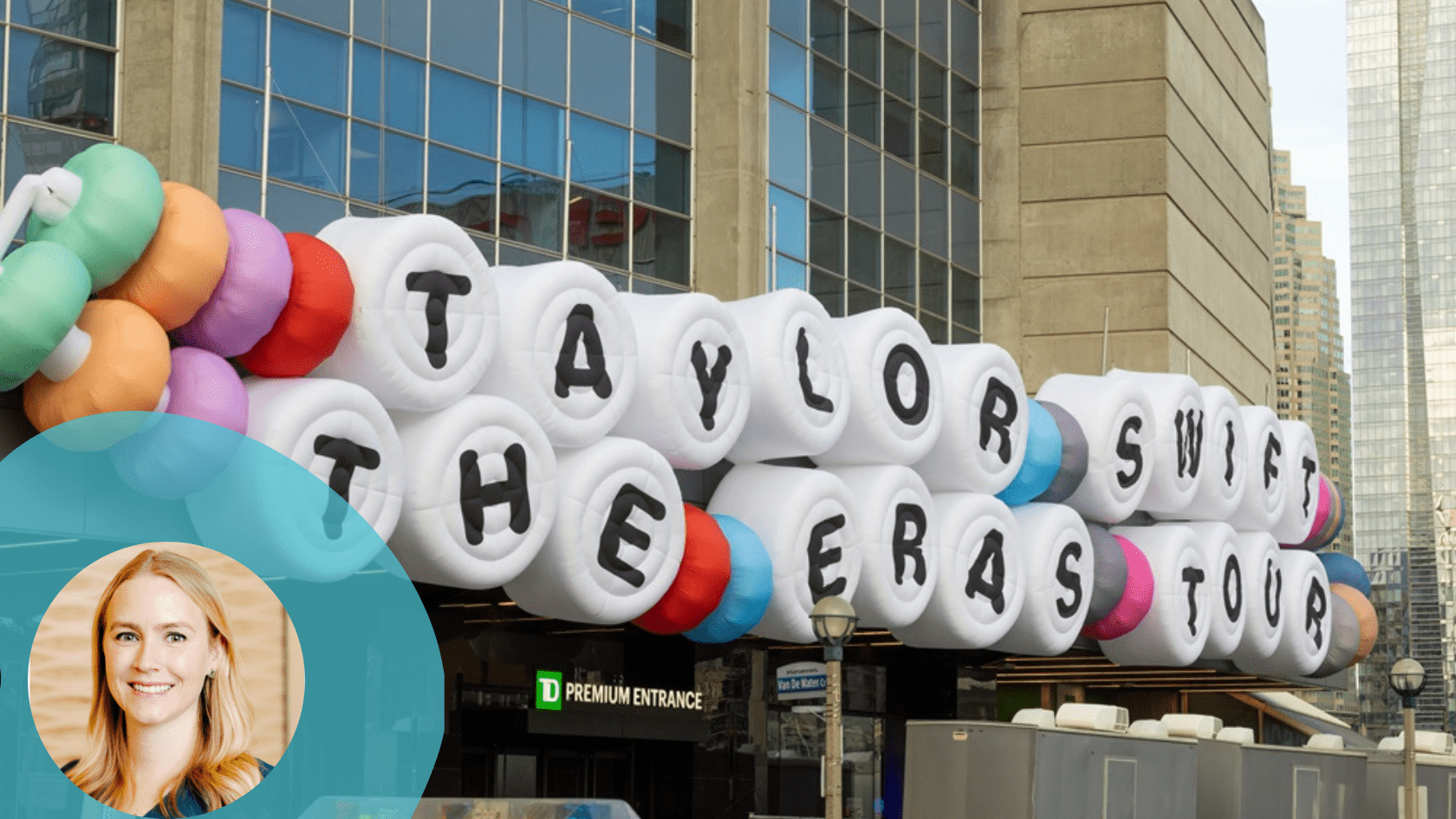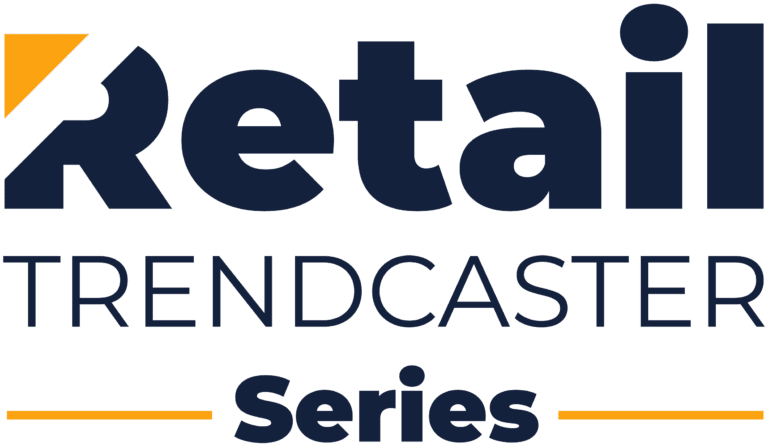With the summer season fast approaching, marketers are once again gearing up for the next big cultural moments that will help drive awareness and sales. While events like the back-to-school season or NBA Playoffs and return of football remain a focal point in seasonal engagement strategies for some, today’s most impactful opportunities for marketers are less about the static calendar and more about cultural conversations. Music festivals, buzzy reality shows and viral TikToks can be goldmines for brands – if leveraged in the right ways.
However, developing successful campaigns for the deluge of new trending moments can be a challenge for even the largest brands. A blanket campaign or repetition across channels alone isn’t going to cut it, as audiences today expect to be known on a more personal level. Even when brands have a strong sense of a specific audience demographic, one moment and messaging that resonates with one person might be totally irrelevant or off-putting for another.
For brands to make the most of cultural trends, they need an agile and scalable way to share authentic content that is as unique as their diverse audiences. Maintaining tact and pushing the right messages to the right consumers to capitalize on the moment, while still maintaining trust, is key. That’s why forward-thinking brands are turning to AI-powered personalization to better understand customers and deliver experiences that will resonate and engage them.
Not Just any Message, an Authentic One
Consumers, especially social media savvy generations like millennials, Gen Z and Gen Alpha, have a delicate sense for when a brand is truly plugged into the conversation or just trying to hop on the bandwagon to sell a product. To avoid missing the mark, or worse being “cringe,” brands need to understand both their audiences as well as the ethos behind the moment while also bringing something of value to the table. That could mean recognizing their product (or a similar one) as a major focal point or conversation driver on social media and then cleverly inserting their brand into the conversation.
For example, earlier this year, on the momentum behind Kendrick Lamar’s hit songs Not Like Us and tv off, Heinz teamed up with the Grammy-winning producer behind the hits, Mustard. The collaboration played off the viral meme of Kendrick shouting “MUSTAAAAAAAAAARRRD” on the track, launching a new special-edition sauce and giving the producer a new title: Chief Mustard Officer. Thanks to clever campaigns like this (and the right content strategy to promote them), Heinz has been able to improve consumer satisfaction by 28% and even increase conversion rates by 78% for one of its brands.
Not every brand is lucky enough to have one of its biggest products receive an unexpected shout-out from one of the most popular artist-producer duos in music, but opportunities to tap into cultural moments are possible for any brand with the right ear. The key to capitalizing on these opportunities is closely following cultural conversations and their audiences, and then creating a brand play rooted in authenticity.
The Key to Personalization: Timeliness
The brands that stand out today are the ones that make consumers stop and think, “Wait…are they inside my brain?” This isn’t some kind of marketing magic – it’s mastery of timing, brand tone and targeting. As consumers now spend on average of six hours and 38 minutes online each day, it’s not enough to just get the right message to the right person; it also needs to be at exactly the right time. Timeliness is the key to nailing personalization, especially when it comes to cultural or seasonal moments.
Take a real-life example: I was recently – and unsuccessfully – browsing dresses online for the upcoming warmer months. When I opened Instagram later, I saw a curated stream of new brands showing me options I actually liked. It didn’t feel creepy; on the other hand, it felt helpful, like it understood what I was really looking for.
With AI, brands can take personalization even one step further to better understand what their audiences might be looking for at that exact time, like a particular product catered to their lifestyle. For example, Ruggable uncovered that its audience consists of two primary segments – dog people and cat people – and created distinct campaigns and moments to suggest more relevant products to each group. They even unified the experience by carrying the segmentation into their website. This is personalization that’s helpful, not intrusive.
If personalization is the fuel to authentically connect with customers, timing is the engine. Brands that win the moment aren’t just creative — they’re fast. They’re able to surface relevant content at the exact moment a consumer is open to hearing it. And just as importantly, they know when to go quiet. No one wants to see a brand play for a cultural moment past its prime or ads for a product they just purchased. Being smart enough to bow out is just as important as knowing when to jump in.
Meeting the Moments with Agility at Scale
The challenge to all of this, of course, is that not all cultural moments come with a roadmap. They emerge, evolve and fade in a matter of days or even hours. That’s why forward-thinking brands are embracing AI-powered personalization tools to move at the speed of culture.
AI-native personalization empowers brands to deliver truly tailored, omnichannel experiences at speed and scale. By utilizing advanced AI and machine learning algorithms to analyze customer data and behavior in real time, it not only helps companies understand and respond to what’s trending, but also to develop deeper insights into what’s driving it and who it’s resonating with. Today, there are even platforms that seamlessly integrate AI personalization with content management systems. This potent combination can enable marketing teams to launch individual, data-driven campaigns at scale – all without the need for a developer.
AI personalization unlocks a host of new strategies brands can use not just to move faster to tailor content for the moment, but also to better understand and plan ahead for the next big marketing plays. Brands can utilize AI-native segmentation to separate audiences based on real-time behavior and demographic data in order to serve up more personalized messages that will better resonate with each segment through automation.
They can also tap into AI-powered A/B testing and optimization to simplify and automate the process of testing different campaign variations all at once to figure out what resonates with audiences faster. All together, AI personalization lets marketers get away from speaking to broad demographics in order to connect more authentically with individuals. In turn, this not only boosts conversions but also develops a deeper brand connection and trust.
Rising to the Occasion
Cultural “moments” offer massive potential, but only for brands nimble enough to move with them and smart enough to add value without overstepping. The brands poised to find success will use updated tools to listen, learn and better understand their audiences, to deliver experiences that feel personal and authentic to not just audiences but also the brand itself.
Caitlin McCulloch is the VP of Performance and Growth Marketing at Contentful. She has extensive experience driving demand generation and strategy across the SaaS space, including at Braze, where she led demand generation and played a key role in its successful IPO, Bazaarvoice, and Social Media Today. McCulloch has dedicated her career to helping brands connect more authentically with their customers through technology. She is also passionate about fostering growth and empowerment across the teams that she leads. McCulloch holds a BS in Business Management from Bucknell University and lives in New Jersey with her family.






